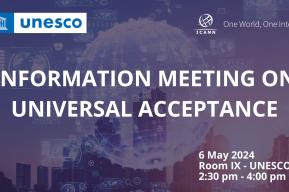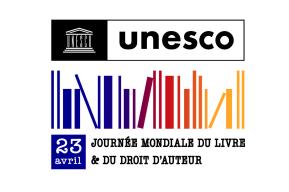At a time when most individuals lack basic knowledge about AI’s impact on their lives and well-being, 49 young volunteers from 23 countries translated a microlearning course on AI and Human Rights into 20 languages, bringing essential AI knowledge to communities in their own language.
Global literacy efforts related to Artificial Intelligence, particularly those translated into low-resource languages, are critical stepping stones to an equitable and ethical future with AI. . Additionally, developing multilingual online content has been one of UNESCO's top priorities since the 2003 Recommendation concerning the Promotion and Use of Multilingualism and Universal Access to Cyberspace.
In response to this critical need for global AI literacy, UNESCO and UNITAR launched a microlearning course for AI and Human Rights, for young adults aged 16 to 24 in 2021. The course, which was translated into five languages, addressed essential topics such as freedom of expression, privacy, and equality. With hundreds of successful participants—including 300 girls and women in the MENA region through a pilot programme lead by UNITAR—the importance of expanding the course’s accessibility in more languages became clear quickly.
In 2022, UNESCO and UNITAR joined forces with SALTO Participation & Information Resource Centre, established as part of the European Commission’s Training Strategy, to organize a call for young volunteers to translate the course into their mother tongue. 49 volunteers from 23 countries started translating the course into 20 languages. We sat down with some of these volunteers to learn more about their motivations for bringing this course to their communities.
The implications of our use of AI are not always obvious, especially to younger generations. In general, there is a lack of AI-related materials, and this course is one of the first resources that will be available for young people, to introduce the topic in their language.

I think that this course can actually empower young people to think about what they’re doing online, what terms like ‘cookies’ mean, or to think proactively when using the technology to which we are exposed in everyday life.
Often, a timely translation meant calling on local resources: “I told my lead translator that we need more help with the translation, because it’s tough work,” Turkish translation team member, Enes Karaibrahimoglu explained.
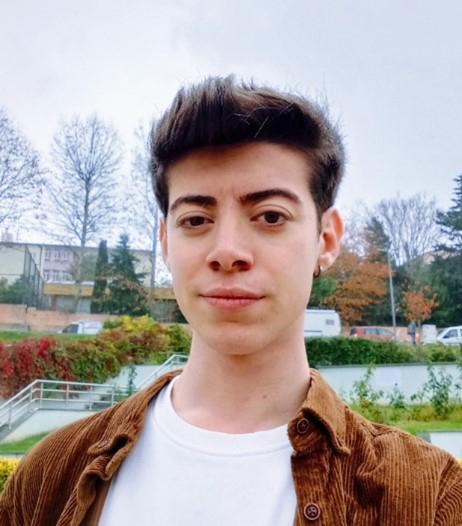
We made a little campaign, and I asked a couple of my acquaintances to get some volunteers for the project. I wanted volunteers from different parts of Turkey. Istanbul is Turkey’s biggest city, but we have people on other sides of the country, so I asked for volunteers from my hometown.
Enes went on to say that language diversity was important in maximizing the course’s impact because “most internet users don’t really use Turkish terms. We decided to use the English version of some words at one point because no one online would understand otherwise. I tried to keep as much of this potential as possible,” he says.
Several low-resource languages were also included in the translation effort. For these translators, the course served as both a reminder of the digital divide and an opportunity to bridge it.
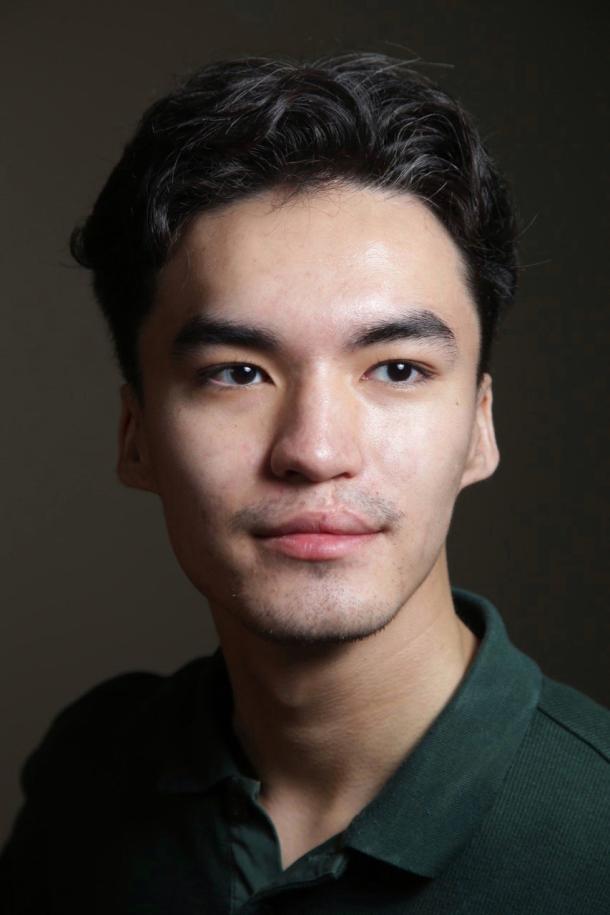
The quality and quantity of information in the Kazakh language wasn’t developed enough. To bridge that gap, we usually had to learn other languages. We need to create more content, not only about human rights but also about digital rights and AI, which do not exist in Kazakh or are not accessible to the general public. It’s natural for all of us to be advocates for the Kazakh language, and I believe it will impact the young generation in Kazakhstan.
In the end, the course is poised to make a far-reaching impact not only on the many young people around the world who will soon be able to access it in their native language, but also on the many reviewers who participated in this important collaborative effort.
UNESCO’s Recommendation on the ethics of artificial intelligence recognizes the need for Member States to encourage the availability of AI systems that are inclusive and accessible to all. It emphasizes that these systems should feature content and services that are relevant to the local context, respecting Multilingualism and cultural diversity.
Yerdaulet commented, “I hope this is not the end, but only the beginning of making information on digital rights and human rights as accessible as it should be”.
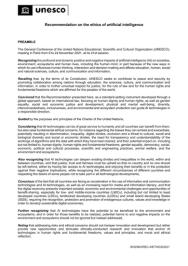
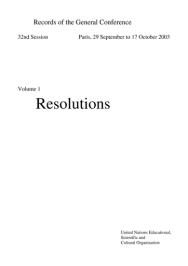

Defending Human Rights in the Age of Artificial Intelligence
UNESCO and UNITAR jointly launched a new, short online learning course on AI and Human Rights for youths aged 16 to 24.
It is available in English, Français, Español, Русский, 汉语 , العربية, Português, Albanian, Azerbaijani, Bosnian, Bulgarian, Catalan, Croatian, Estonian, German, Greek, Hindi, Hungarian, Italian, Kazakh, Montenegrin, Polish, Serbian, Turkish, and Ukrainian.





